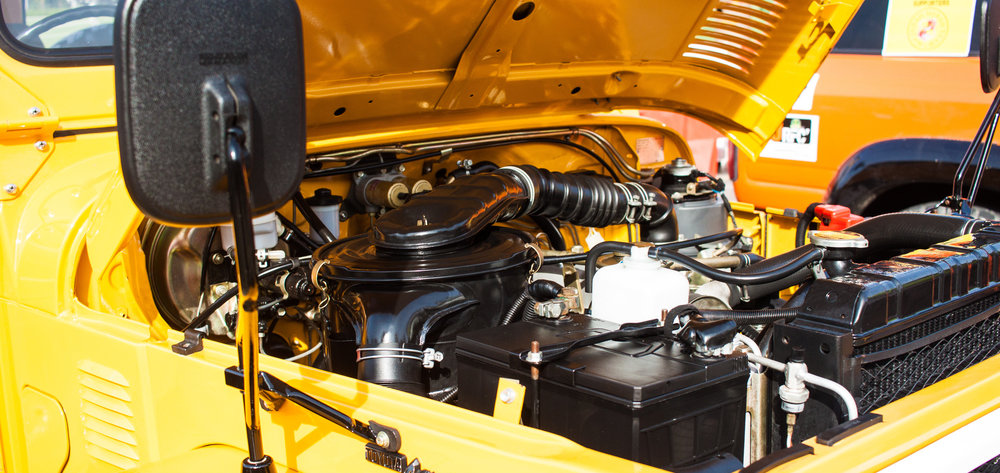What Is The Average Lifespan Of A CV Joint?

The average lifespan of a CV (constant velocity) joint can vary depending on several factors, including driving conditions, maintenance, and the quality of the components. As a general guideline, CV joints are expected to last between 80,000 to 150,000 miles (approximately 128,000 to 241,000 kilometers) or more before showing signs of wear or requiring replacement.
Here are some factors that can influence the lifespan of a CV joint…
- Driving Habits – Aggressive driving, frequent sharp turns, and rapid acceleration can place more stress on CV joints, potentially leading to faster wear.
- Road Conditions – Driving on rough or unpaved roads, and encountering potholes, and road debris can increase the likelihood of CV joint damage and wear.
- Maintenance – Regular vehicle maintenance, including inspecting and lubricating CV joints as part of routine service, can help extend their lifespan. Neglected maintenance can lead to premature wear.
- Quality of Components – The quality of the CV joints themselves, as well as the CV boots (protective covers), can vary depending on the manufacturer and the quality of parts used during repairs or replacements.
- Environmental Factors – Climate conditions, such as exposure to extreme temperatures, moisture, or salt on the roads during winter, can impact the longevity of CV joints.
- Towing and Heavy Loads – Frequently towing heavy trailers or carrying heavy loads can place additional strain on CV joints and may lead to quicker wear.
- Type of Vehicle – Some vehicles are more prone to CV joint issues than others, depending on the design and engineering of the drivetrain components.
Pay attention to the signs of CV joint wear or damage, such as clicking noises, vibrations, or grease leakage, and address any issues promptly. Replacing worn CV joints or axles when necessary can prevent further damage and maintain the safety and performance of your vehicle.
Regular vehicle inspections and adherence to recommended maintenance schedules can help identify CV joint issues early and prevent unexpected failures. If you have concerns about your CV joints, it’s advisable to consult with a qualified mechanic or technician who can inspect and assess the condition of these critical components.
